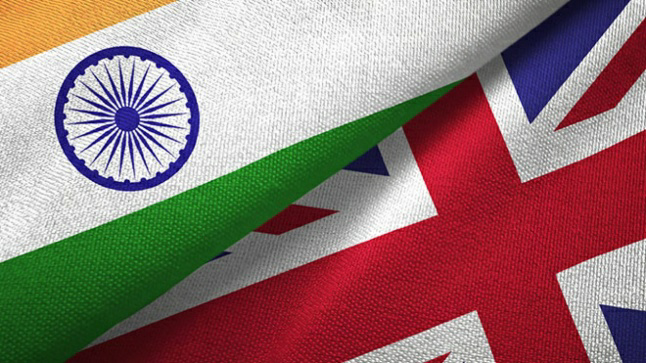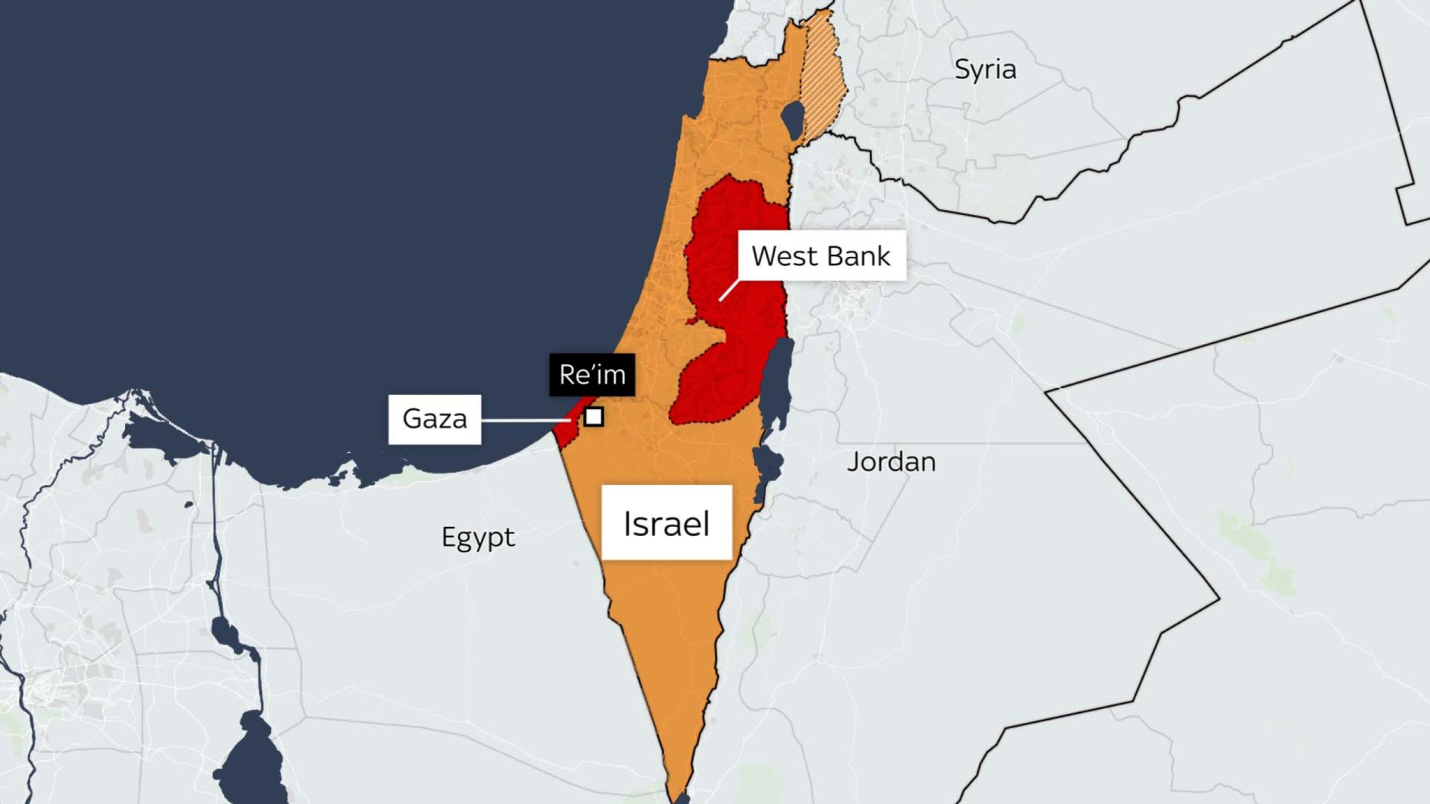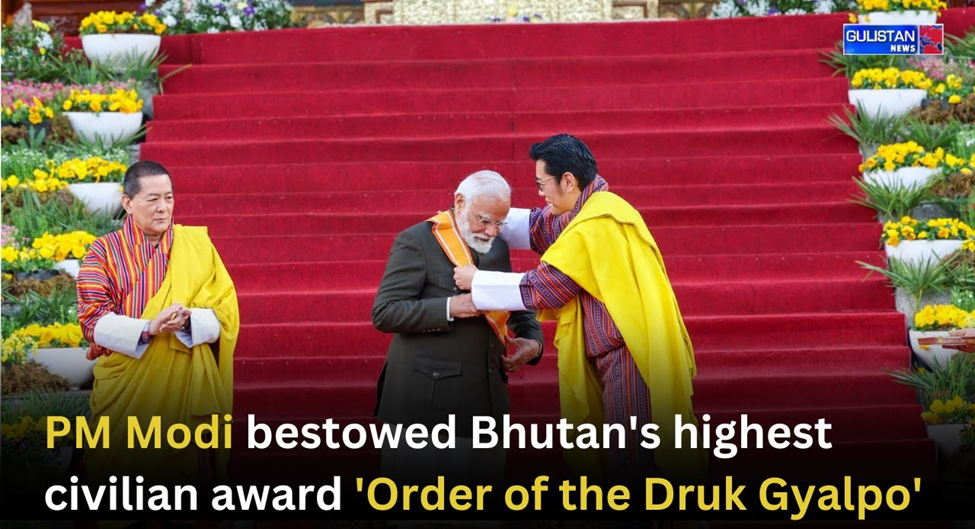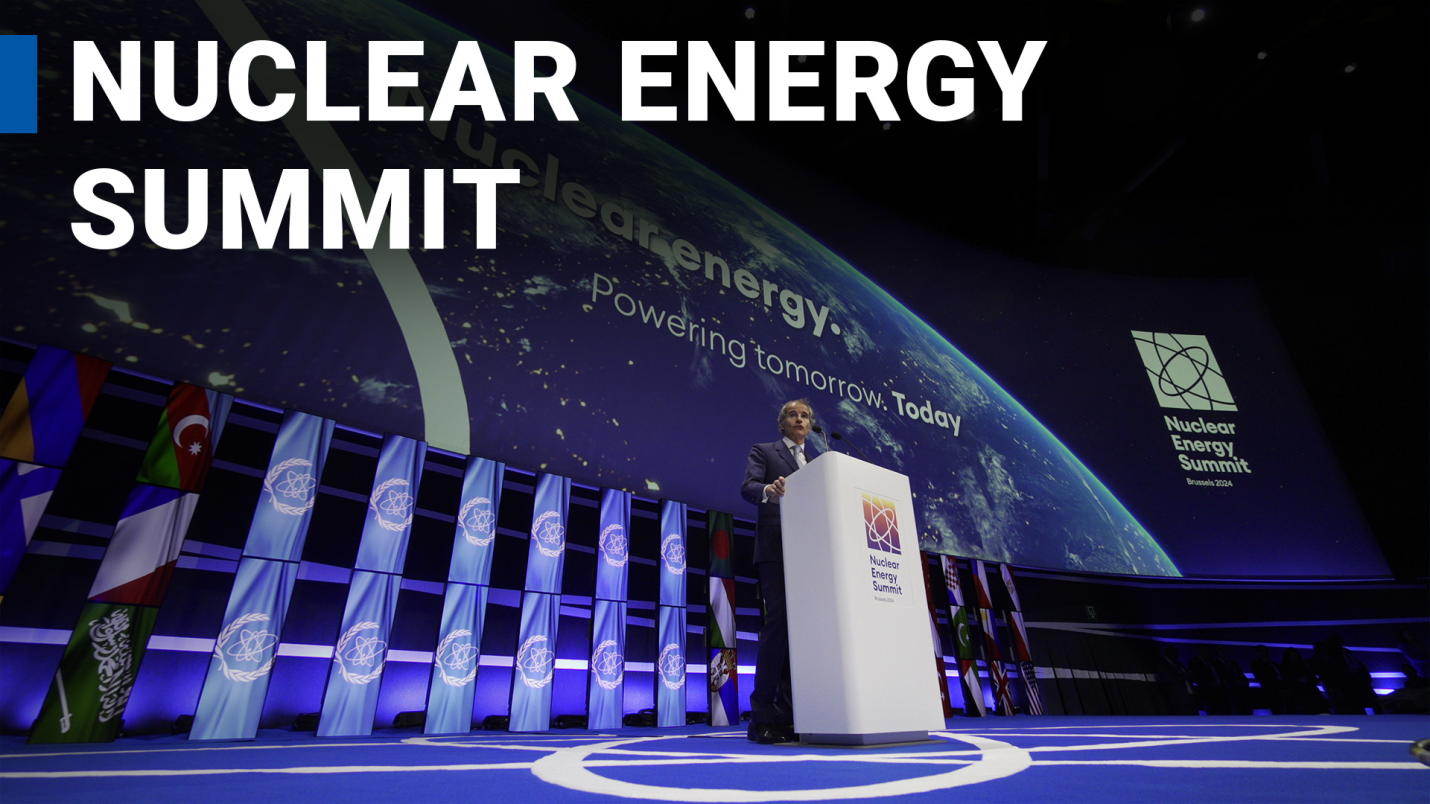Description

Copyright infringement is not intended
Context: UK government announced the launch of free trade agreement (FTA) negotiations with India.
- It is seen as a major move by U.K. since its exit from the European Union (EU), in support of free and fair trade in the Indo-Pacific.
Recent developments:
Recently, UK-India signed a trade and investment deal worth 1 billion pounds.
Details of the deal:
- It was part of an Enhanced Trade Partnership (ETP).
- ETIPaim:
- to double the value of UK-India trade by 2030 and declare a shared intent to begin work towards a comprehensive Free Trade Agreement (FTA).
- to address several trade barriers, including the lifting of restrictions to enable fruit producers across the UK to export apples, pears and quince to India for the first time.
- To secure improved access for medical devices through the acceptance of “UK Certificates of Free Sale” in India.
India and UK 2030 vision is for:
- revitalized and dynamic connections between people;
- re-energised trade, investment and technological collaboration that improves the lives and livelihoods
of citizens;
- enhanced defence and security cooperation that brings a more secure Indian Ocean Region and IndoPacific
- India-UK leadership in climate, clean energy and health that acts as a global force for good.
- Through this ambitious Roadmap, India-UK relationship will elevate to a Comprehensive Strategic Partnership (CSP).
Free Trade Agreement cooperation will–
- resolve market access issues, boost exports and strengthen trade partnership across a comprehensive range of areas.
- remove trade barriers through balanced and beneficial market access package including agriculture, health, education, legal services, marine, and social security
- help to share experience on regulatory reform, tax administration, and trade facilitation and standards through a new UK-India Ease of Doing Business MoU
- institutionalize cooperation between relevant regulators to facilitate exports and avoid trade disruptions due to non-compliance with standards by producers and exporters.
- Increase exchanges and cooperation in the services sector.
- Step up bilateral Small & Medium Enterprises (SME) trade and collaborations, particularly technology sharing and financing of businesses.
- Identify infrastructure projects in India, particularly green transition projects, that utilise UK Export Finance support in the form of long term competitive financing of up to £4bn, including in Indian Rupees.
Background of India-U.K. economic relations
- Guiding principle: The economic and commerce matters of India and U.K. are guided by thr India-UK Joint Economic & Trade Committee, Economic and Financial Dialogue and India-UK Financial Partnership.
- Existing trade balance: Merchandise trade between the two countries was US$15.45 billion in 2019-20 with the trade balance in favour of India.
- FDI inflow:
- India became the second-largest source of FDI according to the Department for International Trade inward investment statistics for 2019-2020.
- UK is the 6th largest inward investor in India with a cumulative equity investment of US $28.39 billion, accounting for around 6% of all foreign direct investment into India.
- Trade basket:
The main products of export from India to the UK include:
- Articles of apparel & Clothing
- Accessories
- Power Generating Machinery & Equipment
- Petroleum and related products
- Manufactured articles
- Textile Yarn
- Footwear
- Medicinal and Pharmaceutical
- Manufactures of metal
- Road Vehicles
- Transport Equipment
The main products of import from UK to India include:
- Power Generating Machinery & Equipment
- Non-Ferrous Metals, Ferrous ores & Metal scrap
- General Industrial Machinery and Equipment & Machines
- Beverages
- Electrical Machinery and Appliances
- Professional, Scientific and controlling instruments and appliances
- Chemical materials & products
https://www.thehindu.com/business/uk-launches-fta-negotiations-with-india/article38263567.ece?homepage=true















